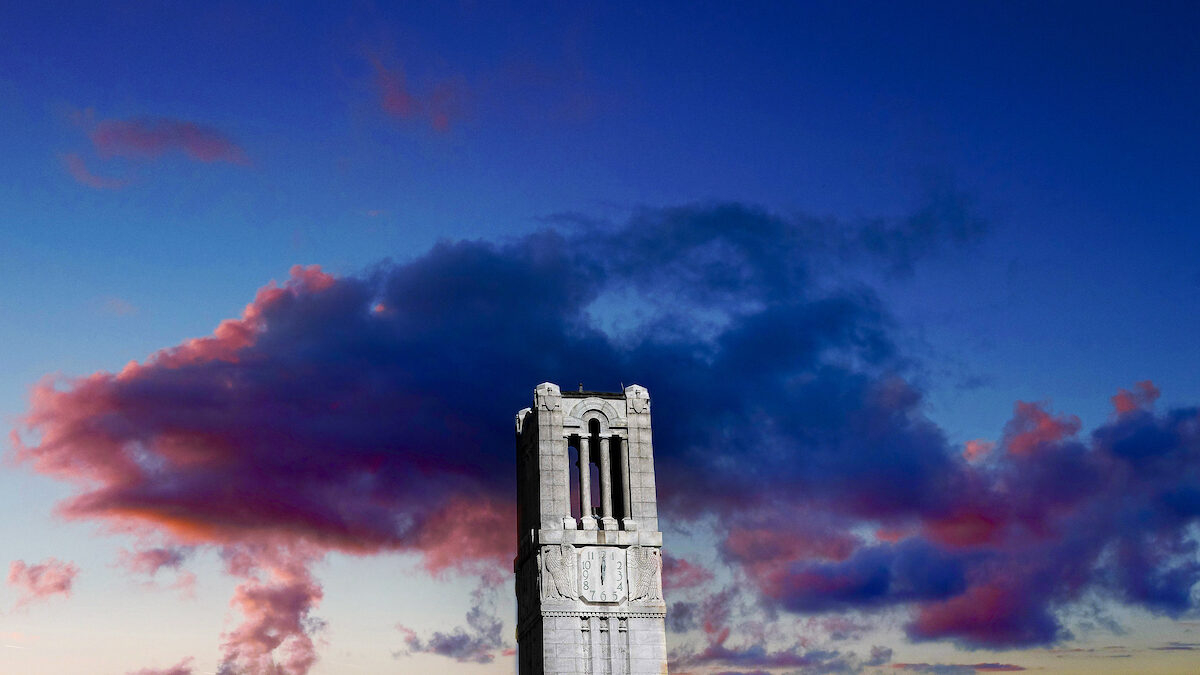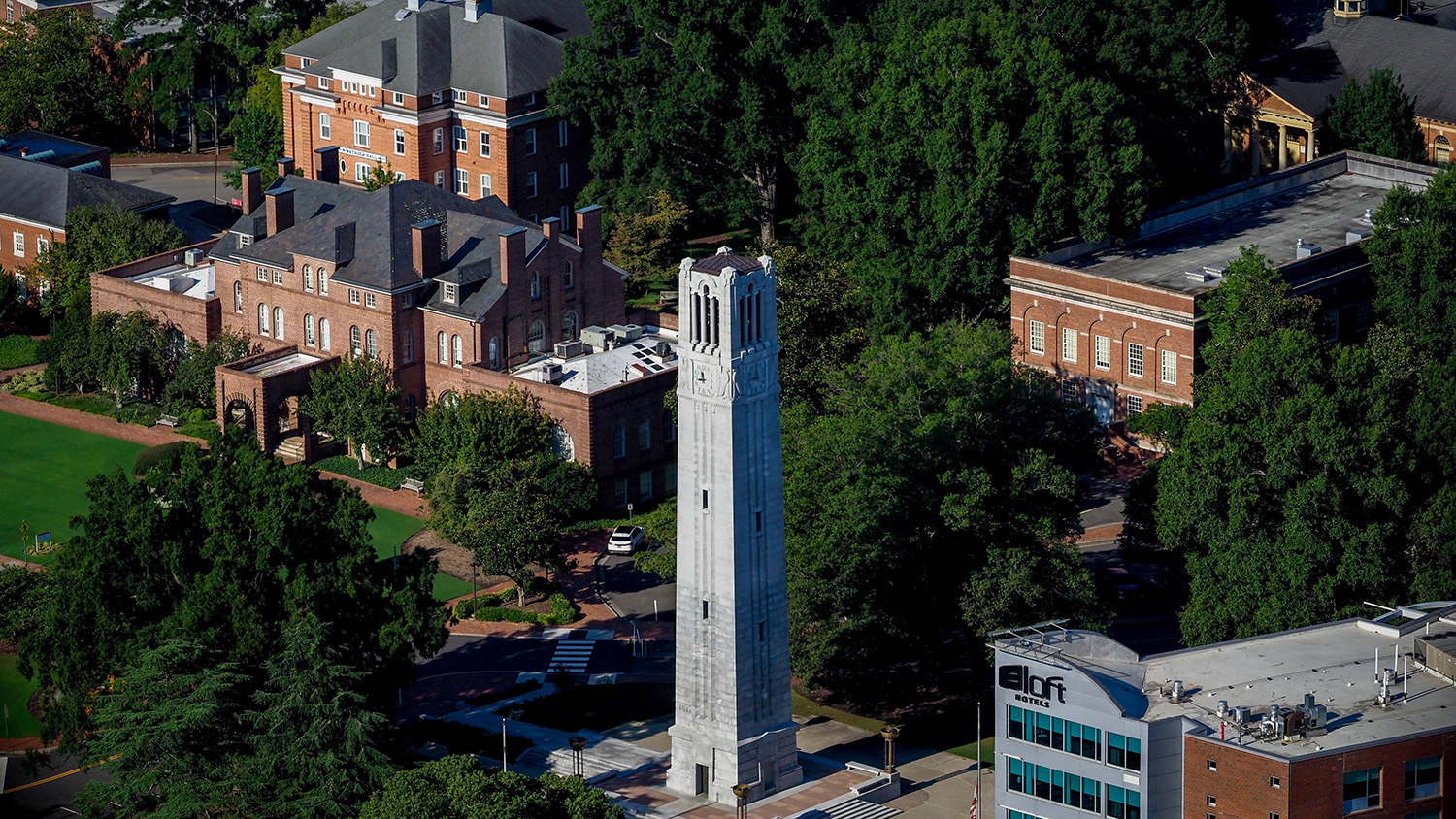New Numbers From U.S. News
Although they’re admittedly far from scientifically rigorous, the annual rankings of “Best Colleges” by U.S. News & World Report hit the street this week with some good news for NC State.
If math isn’t your strong suit, you may appreciate the magazine assuring you that NC State is a good buy. In fact, NC State scored third among public universities in the “best value” category. The university also received high marks for its undergraduate engineering program, which was ranked 27th among engineering schools that offer a doctorate.
NC State was listed among 17 universities in the nation that put a high priority on writing across all levels of instruction.
The university was ranked 101st overall among national universities based on a survey sent to 1,378 colleges and universities that measured academic reputation, retention rates, faculty resources, selectivity, financial resources, graduation rates and alumni giving. More than 90 percent of the schools surveyed chose to participate.
How Useful? How Valid?
In an article on its website, U.S. News acknowledged that its annual guide is of limited value to college-bound students and their parents, although universities themselves tout their standing on the list as proof of academic excellence.
“College rankings are derived from data, both objective and subjective, collected from and about colleges and universities,” the article said. “While the data is at least interesting, much of it can’t really be used comparatively due to vast differences between the culture, mission, and politics of the institutions being assessed.”
The magazine warned parents not to use the rankings as “gospel.”
Critics have argued for decades that rankings “adversely affect the college-going landscape by distorting institutional priorities and misplacing the emphasis in the choice of a college,” U.S. News said. But, it added, the special issue is popular on the newsstand.
A recent article on the Bloomberg financial website gave examples of ways some universities manipulate data to score higher on the list.
- Categories:


